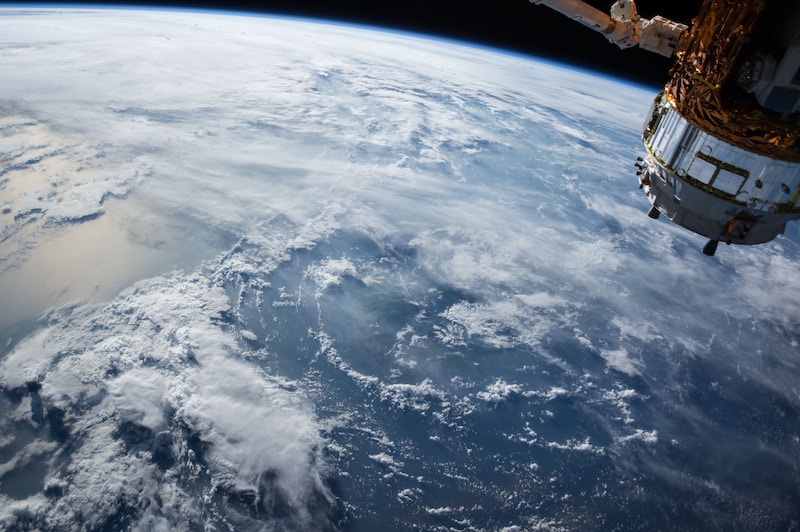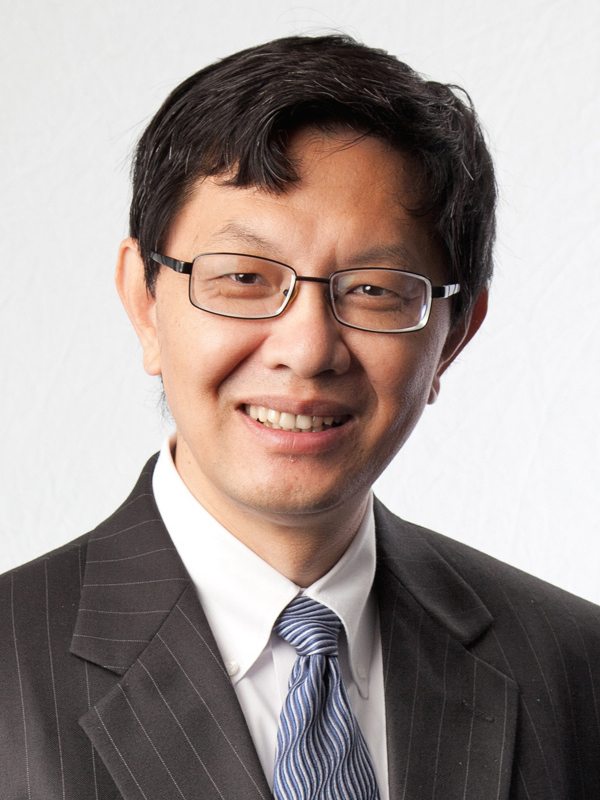
Radiative transfer is the study of how light interacts with gases and particles in our atmosphere. Remote sensing is the study of how to use this interaction, or lack thereof, to extract information about the state of the atmosphere or the surface interacting with it. Incoming shortwave radiation from the sun can be absorbed or scattered in the atmosphere, while outgoing longwave radiation from the surface is mostly absorbed in the atmosphere. It is the the various absorption, emission, and scattering processes in Earth's atmosphere that determine its planetary energy budget.
Surface-based remote sensing includes techniques such as Radar and Lidar for detecting water droplets and particulate matter/aerosols in the lower atmosphere. Remote sensing also includes satellite-based observations that take advantage of wavelength-dependent absorption and scattering processes by gases and particles to determine the chemical make-up of the atmosphere. All require an understanding of the fundamental physical processes underlying radiative transfer through the atmosphere. Research topics in the department include water and ice cloud radiative transfer modeling, satellite-based and ground based observations of atmospheric clouds and particulate matter, and the integration of remote sensed atmospheric parameters into climate science.
Faculty
Anita Rapp
- Professor
- Graduate Committee Chair
- Office: Eller O&M 1014A
- Phone: (979) 862-1580
- Email: arapp@tamu.edu

Ping Yang
- University Distinguished Professor and David Bullock Harris Chair in Geosciences
- Office: Eller O&M 906B
- Phone: (979) 845-7679
- Email: pyang@tamu.edu

Xiaohong Liu
- Reta A. Haynes Chair in Geosciences
- Professor
- Office: Eller O&M 1110B
- Phone: (979) 845-5566
- Email: xiaohong.liu@tamu.edu

